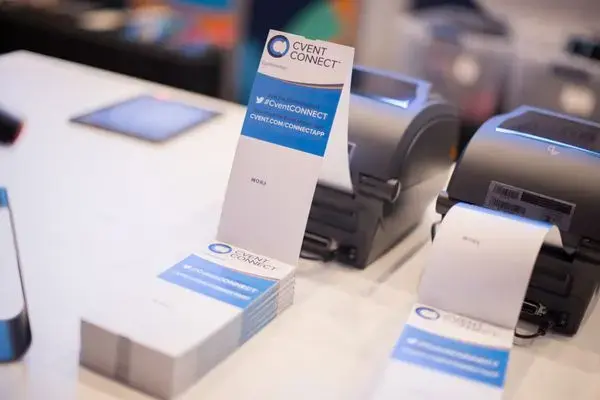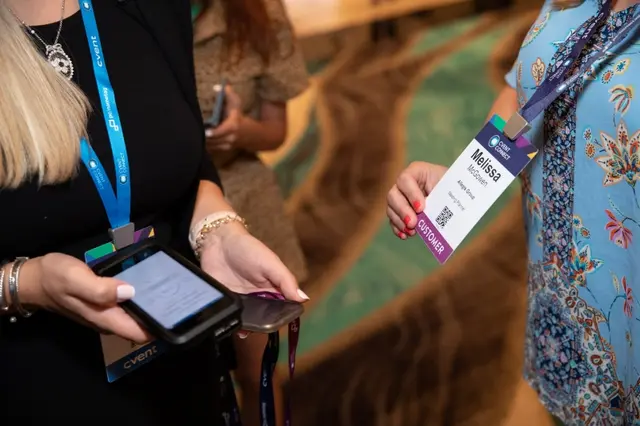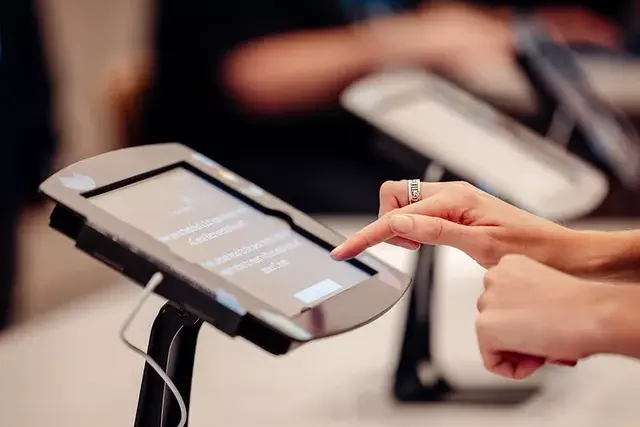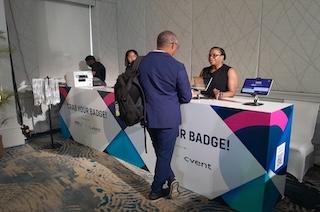Facebook remains the most common social media platform despite millennials saying it is for their parents and grandparents. Facebook has worked smartly to overcome this relevancy dilemma by acquiring WhatsApp and Instagram. (Interested to see what’s next.) Communicators and marketers alike are busy trying to monitor and sell on Facebook, while the media giant increasingly makes it difficult for sentiment monitoring under the guise of user privacy. According to Pew Research, only YouTube tops Facebook as the most commonly used social media platform up to this year for Americans.
No surprise women lead men in Facebook use, but just by a margin of 8%, and despite the popular narrative of it being for an older demographic, the 30-49 (77%) and the 18-29 (70%) lead all other age groups in using Facebook. It is therefore safe to say that you are reaching a wide demographic of users on Facebook.
It is therefore important for communicators to be able to use this platform efficiently and effectively. Here are 5 lessons in developing an Effective Facebook Strategy borrowed from HubSpot.
Aligning Your Facebook Strategy with Your Goals
I would add to that line, goals, and objectives. They are different. All communications should be aligned to the company’s overall strategy if they are to be successful and impact on the company’s ROI. With an understanding of the overarching goal, you can set SMART objectives for what you want to achieve using Facebook. According to HubSpot, “The most common ways that businesses use the platform are for brand awareness, customer retention, referrals to a website or other marketing efforts, community building, customer service and lead generation”.
Know your audience
Do these two steps sound like public relations 101? Of course, they do. Having a target audience is important to any effective strategy. You are not going to throw out messages and hope that they land somewhere. In the marketing world target audiences are referred to as buyer personas. The Facebook Ad Manager gives insights to help you identify your ideal persona.
Evaluate your strategy
We are all guilty of not doing this, especially communications agencies - we fall down on our own communications. Having a robust evaluation strategy shows up the weaknesses in our messaging strategy. Evaluation is the only way towards understanding the influence you are having or not having on your target audience. What you evaluate is also important. Personally, I believe in organic media strategies, depending on advertising only for campaigns where I need to get the message in front of as many eyeballs as fast as possible. I like organic because it tells you who is really interested in your posts and if they are truly engaged. You should be careful of the vanity metric such as likes and followers which grow rapidly when posts are boosted. Use boosting strategically.
Understand the Facebook Algorithm
Say what? Isn’t this the province of computer science geeks? Well, HubSpot tells us that Facebook loves to change up things and we need to be ready to change our strategy when this happens. My suggestion is to follow a company like HubSpot, and they would do the heavy lifting for you on what has changed and how best to navigate the change.
Build an Engaged Community
Of course, Facebook is there to make money through ads, so organic reach has been rapidly declining. To counteract this, HubSpot suggests building and engaging a community. One way to do this is to create Facebook groups rather than pages, since group members tend to be more committed to the cause. Engaging with groups, however, allows for a two-way symmetrical form of communication which is thought to be the highest form of communication; but businesses shy away from this, preferring one directional communication. From an ethical standpoint, I advise all my clients that they should be listening and responding to their audience.
For more about using Facebook, I suggest this blog post - A Year After Facebook's Big News Feed Algorithm Change, What Kind of Content Does Best?
5 Lessons on Developing an Effective Facebook Strategy
10/5/2021
5 min read
PPamala Proverbs

Share this article:
P





